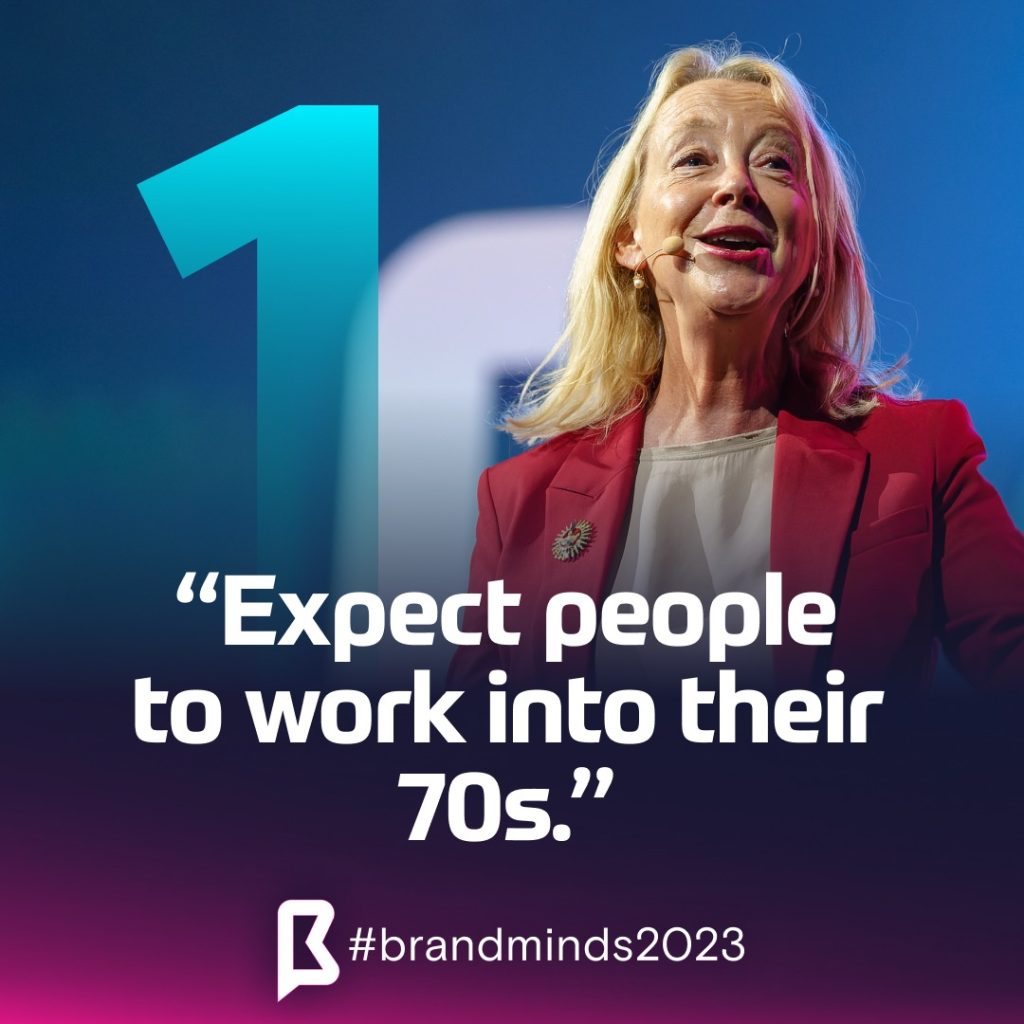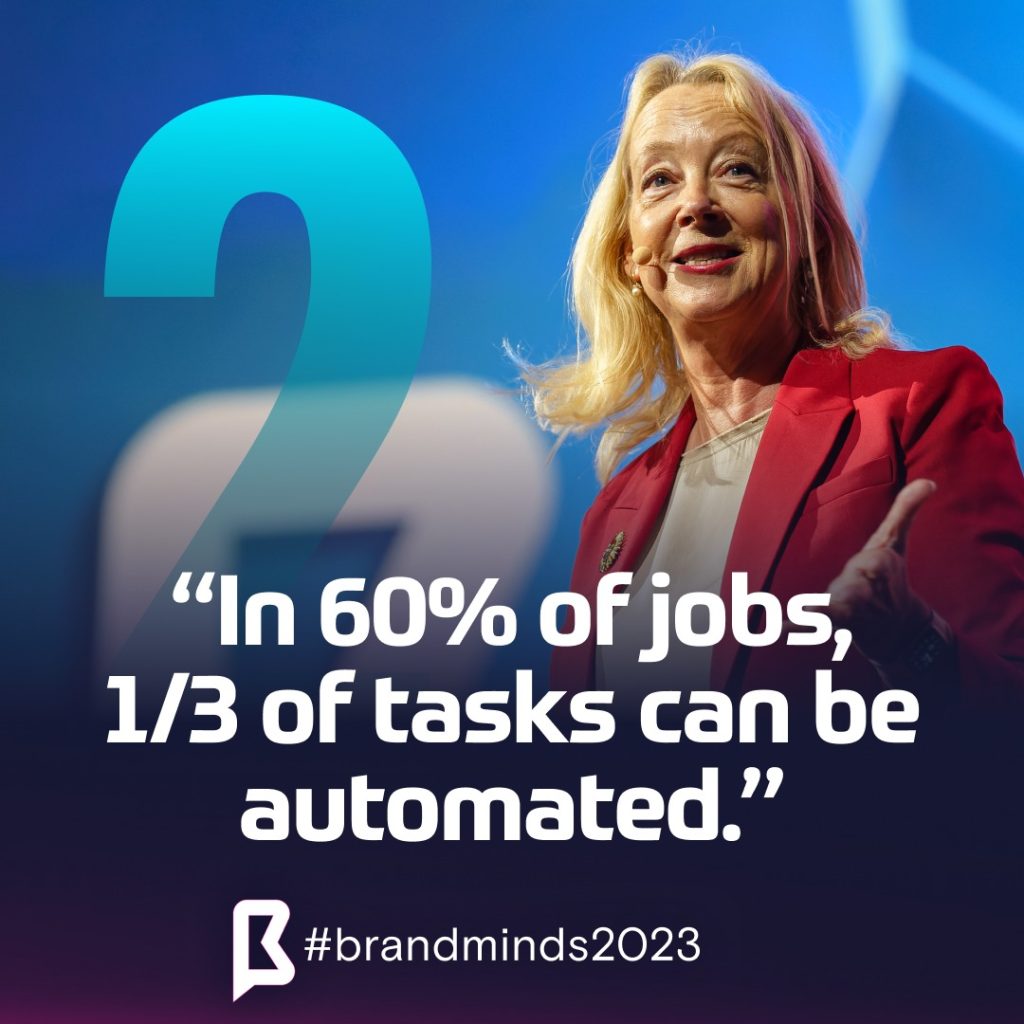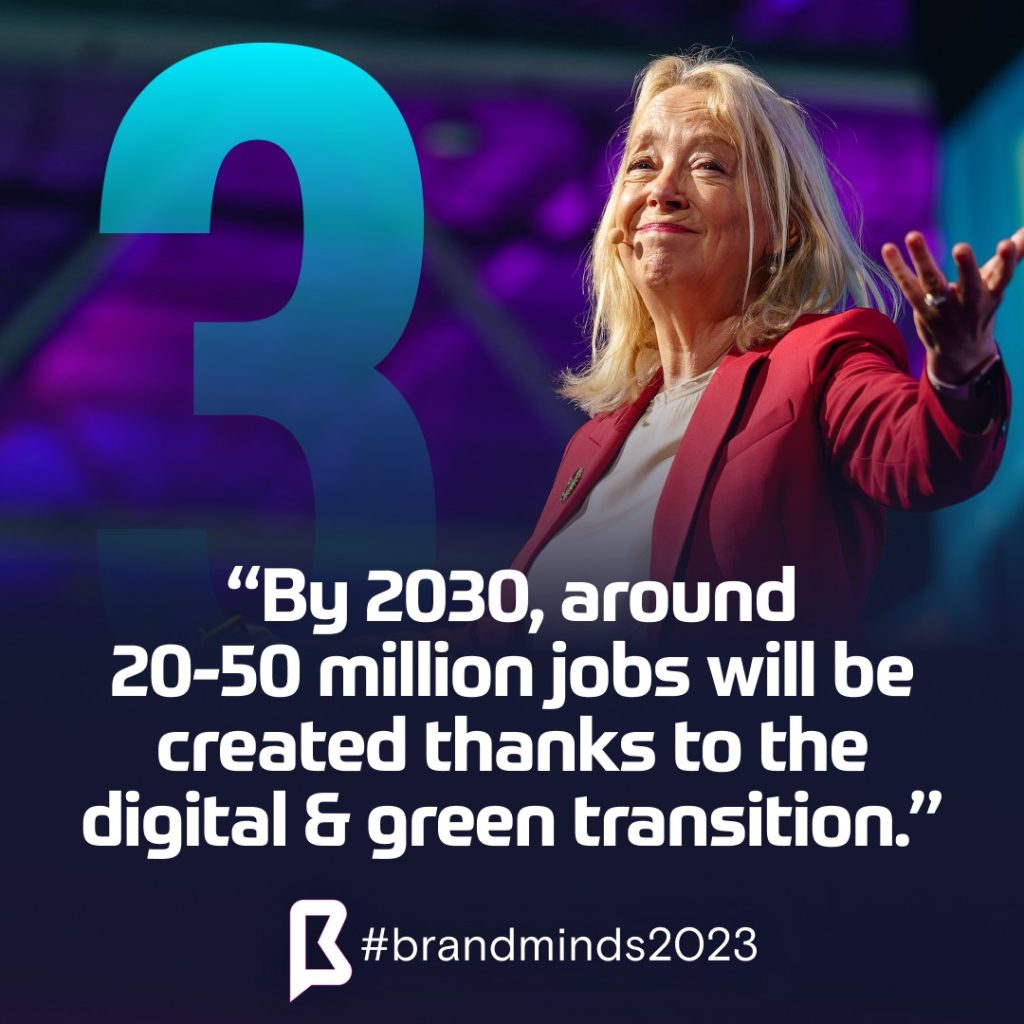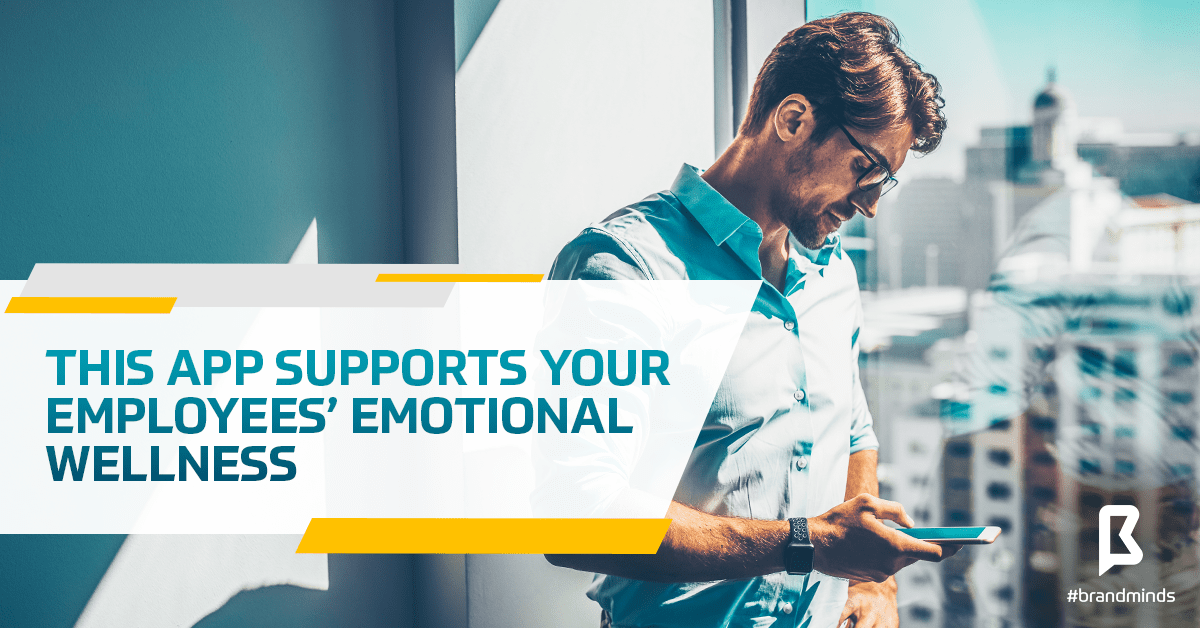16 questions HR managers should ask in a Stay Interview
The Stay Interview is a powerful tool HR managers should use to increase engagement and retention of the top talent in the company.
If you are an HR manager looking to stop or limit Quiet Quitting in the company, Stay Interviews are the place to start.
What is the Stay Interview?
The Stay Interview is the opposite of the Exit Interview. While in the Exit Interview, the HR manager asks questions to uncover why the employee is leaving, in Stay Interviews, the HR manager asks the employee questions to determine their level of satisfaction with the company and their job role.
What is the purpose of the Stay Interview?
The purpose of the Stay Interview is to raise employee retention rates. During the interview, employees are invited to talk about what they like the most about their job roles as well as their least favourite part, whether or not they feel seen by management if their career goals are met and what should the company do to improve their performance.
The Stay Interview is an opportunity for HR managers to assess the employee’s current level of engagement and what the company can do to maintain or increase it.
What do you do after the Stay Interview?
After the Stay Interviews are completed, HR managers forward their conclusions to top management and make recommendations about the aspects that should be improved or changed.
Stay Interviews show that the employer takes accountability for the factors they control and are a way to build trust with employees.
If there are no follow-ups from top management, the employer breaks the employees’ trust with employees concluding that Stay Interviews are just a waste of time and the company doesn’t care about them.
What is asked in the Stay Interview?
The Stay Interview is a casual discussion between the HR manager and the employee. Here are 16 questions HR managers should ask in a Stay Interview:
- Do you know what is expected of you?
- Do you have the materials and equipment you need to do your work right?
- Do you feel your talents are being used well?
- What talents, interests or skills do you have that we haven’t made the most of?
- In the last 7 days, have you received recognition or praise for doing good work? Or feedback to improve your performance?
- Do you feel that your input is valued by leadership and that giving feedback is encouraged?
- Does your supervisor seem to care about you as a person?
- Is your supervisor actively invested in your professional growth?
- Has your supervisor talked to you about the next step in your career plan?
- In the last six months, has your supervisor talked to you about your progress?
- Does the mission or purpose of our organization make you feel your job is important?
- What do you enjoy most about working at the company and your role?
- What is the least favourite part of your job and why?
- Have you had opportunities at work to learn and grow this last year?
- Do you feel that the company encourages work-life balance?
- What would make you leave the company?
Are you looking to get new strategies to grow your employee retention and engagement?
Here are 4 key takeaways from Future of Work Strategy Expert @ London Business School Lynda Gratton:




How Company Culture Drives Success – Netflix, HubSpot and UiPath
What is company culture? Company culture is a set of shared beliefs, values and practices.
Let’s see how Netflix, HubSpot and UiPath define their company culture and why it is central to their success.
Netflix Company Culture – With Empowerment comes Trust and Expectations follow. The ‘No Rules Policy’.
Netflix is one of the first companies to draft an in-depth long-form employee culture manifesto.
It’s been ten years since Netflix CEO Reed Hastings published his SlideShare presentation detailing his company’s employee culture. The slide has gained over 19 million views to date.
It certainly caused quite a stir among people worldwide! And let me say it again: it was 2009 when the world was still suffering the consequences of the global financial crisis (rising unemployment, declining economic growth, etc).
What makes Netflix’s company culture special?
Instead of tightening its control on employees which is what any other company would do in times of turmoil, Netflix was taking a different and surprising approach.
Like all great companies, Netflix strives to hire the best. So do a thousand other companies, nothing special about that.
Building a great employee culture doesn’t stop with hiring the best people for the job, that is only the beginning.
The hardest part comes after the hiring process has ended and it involves getting every employee on the same page.
How does Netflix do that?
By empowering its employees, trusting them to make the right decisions and expecting them to deliver high-quality work.
Oh, and one more thing: avoiding rules. Now that’s pretty unusual.
We don’t have rules about picking up the real or metaphoric trash. We try to create the sense of ownership so that this behaviour comes naturally.
Our goal is to inspire people more than manage them. We trust our teams to do what they think is best for Netflix — giving them lots of freedom, power, and information in support of their decisions. In turn, this generates a sense of responsibility and self-discipline that drives us to do great work that benefits the company.
We believe that people thrive on being trusted, on freedom, and on being able to make a difference. So we foster freedom and empowerment wherever we can.
We work to have a company of self-disciplined people who discover and fix issues without being told to do so.
“Use good judgment” is our core precept.
Netflix
9 ways Netflix nurtures employee freedom and encourages responsibility:
- Management shares documents internally broadly and systematically;
- No spending controls or contract signing controls;
- Travel, entertainment, gifts, and other expenses are allowed if employees “Act in Netflix’s best interest”;
- No compliance departments that most companies have to enforce their policies;
- Unlimited vacation policy which encourages employees to intermix work and personal time at their own will. It helps them get back to work with fresh new ideas;
- Netflix’s parental leave policy is: “Take care of your baby and yourself”;
- No compensation handcuffs – “People are free to leave at any time, without loss of money, and yet they overwhelmingly choose to stay. We want managers to create conditions where people love being here, for the great work and great pay”;
- The company is strict about ethical issues and safety issues, it shows zero tolerance for harassment or trading on insider information;
- Holding meetings is another corporate pain point that Netflix deals with differently than other companies. The company schedules effective meetings where the meeting starts and ends on time with well-prepared agendas. The main takeaway from this is these meetings are more about learning from each other and get more done than preventing errors or approving decisions.
Every company or/and employee culture is a reflection of the executives working there.
Netflix
HubSpot Company Culture – We dare to be different
HubSpot is a platform uniting software, education, and community to help businesses grow better every day.
The company was co-founded by fellow MIT graduates Brian Halligan and Dharmesh Shah in 2005.
This year, HubSpot was named a Best Workplace for Millennials by Great Place To Work and Fortune, #2 Best Company for Professional Development, Leadership and a Best CEO for Diversity and Women by Comparably. 2700+ HubSpot employees work in 8 global offices.
So how does HubSpot define its company culture?
In 2013, HubSpot published the Culture Code: Creating a Lovable Company on SlideShare.
They state company culture is an obsession because culture doesn’t just help attract amazing people, it amplifies their abilities and helps them do their best work.
What makes HubSpot’s company culture special?
HubSpot set themselves apart from other companies by being different.
How are they different?
They are maniacally committed to their mission and their metrics.
Their mission is to help organizations grow and metrics help them earn the resources to further their mission.
9 ways HubSpot ensures they are different and how employees benefit from it:
- They share openly and are remarkably transparent (financials, board meeting deck, management meeting deck, strategic topics, etc);
- ‘No door’ policy – “Everyone has open access to anyone in the company.”
- They favour autonomy and take ownership;
- When employees need to make a decision the only rule is to use good judgement;
- Employees need to follow only two rules: Don’t solve for your personal interests to the detriment of the team. When in doubt, favour solving for the customers’ interests over our own;
- Long-term interest prevails over anything else;
- “Don’t just hire to delegate. Hire to elevate“;
- “Remarkable outcomes are rarely the product of modest risk.”
- They refactor to continue on being exceptional. They look for simplicity so they avoid turning into a Goliath of an organization – slow to adapt, less innovative, easily outrun by the competition.
Power is gained by sharing knowledge, not hoarding it.
HubSpot
UiPath Company Culture – Humility drives innovation
Co-founded in 2005 in a tiny apartment in Bucharest by Daniel Dines and Marius Tirca, the Romanian RPA has certainly come a long way from its humble beginnings.
Today the company has additional offices in London, Paris, Tokyo, Singapore, Bengaluru and Melbourne.
In 2018, among tens of thousands of large U.S. companies, UiPath has been awarded the 11th Best Place to Work, based on company culture, and one of the top 50 Best Companies for Women and Diversity. Also, UiPath ranked sixth for Happiest Companies in Comparably’s 2018 Culture Awards.
In 2019, UiPath was named a Gartner Magic Quadrant Leader for Robotic Process Automation Software. This recognition celebrates the company’s ability to execute and completeness of vision.
Starting with July 2020, UiPath has become the first European Cloud Decacorn with $10.2Bn valuation in a new funding round of $225M.
What makes UiPath’s company culture special?
UiPath’s purpose is to accelerate human achievement.
They set out to change the way work is done, but they are keen on making their people happy. If their people are not happy, they have failed no matter how successful they are.
UiPath believes that a happy employee is an employee who is listened to by their leaders. And being successful as a leader means exercising humility and practising active listening.
They also state that the company’s future is centred on psychological safety beyond anything else. With global expansion and technological connectedness come unique challenges.
It’s paramount the company finds ways to overcome these challenges and stay on the path to innovation.
The core values of UiPath are speed, immersion, boldness and humility.
7 ways UiPath provides its employees with a psychologically safe workplace:
- Authenticity – The company doesn’t expect its employees to fit a certain mould. Instead, they are encouraged to be who they really are. “We hired you for your unique experience and insight.”
- Trust and ownership from day one – Employees support each other whether they know each other or not;
- Everyone is empowered to speak up if they have an idea even if it’s outside of their expertise because it shows they care and maybe it’s a different perspective the company should take into consideration;
- Humility – Employees are expected to be humble, open and listen in order to learn even that at which they already excel; they are encouraged to get their hands dirty and do whatever it takes to drive towards innovation;
- The company encourages its employees to acknowledge and address their fears because this is the key to personal growth and team improvement;
- UiPath leaders are trained to listen, really listen to their team members and be ready to give and take criticism;
- Employees are encouraged to disconnect their mind from work when they’re at home. This allows space for inspiration and ideas flowing freely which is a great way to keep moving towards excellence.
Buckle up – you’re about to board a rocket ship into uncharted space. This company is a meritocracy and your potential is limitless.
UiPath
Conclusion
All three companies run highly successful businesses with thousands of employees working in offices spread across the world.
The elements that all of them have in common are trust, responsibility and empowerment. Netflix expects its employees to act in the company’s best interest, HubSpot encourages them to use good judgement and UiPath ensures a safe work environment to drive innovation.
What is your company culture?
How does your company culture support your organization achieve its business objectives?
Join the Conversation
We’d love to hear what you have to say.
Get in touch with us on Facebook and Twitter.
This App Supports Your Employee’s Emotional Wellness

Is your employees’ emotional wellness a topic of interest in your organisation? Read on to learn of an app which supports the emotional wellness of your employees.
According to the World Health Organization, mental disorders affect one in four people.
Experts estimate around 450 million people currently suffer from such conditions, placing mental disorders among the leading causes of ill-health and disability worldwide.
People suffering from mental disorders are difficult to diagnose and treat because of the negative perceptions about mental illnesses or mental conditions: stigma, shame, discrimination.
Learn more: Along the Road to Great Mental Health: Debunking the Myths & Stigma
While various studies have found mobile phones can have a negative impact on our physical and mental health, we can also find ways to use them to our benefit.
Our mobiles phones act as our windows into the world. But just as our mobile phones provide us with the latest political news, fashion trends or cake recipes, they also provide us with important insights into our emotional health.

A world where mental health is never an obstacle.
The team behind Ginger built the app on this very idea: that our interactions with our mobile phones can be turned into data which could supply an accurate and update emotional profile.

What is Ginger.io?
Ginger.io is an app which offers professional coaching services to support employees’ emotional wellness.
Mission
At the moment of need, we provide stigma-free access to high-quality coaches, clinicians and content. We’re coupling data science and virtual care to reinvent how the world gets mental health support.
About Ginger.io:
- It is a behavioural analytics platform which turns mobile data into health insights;
- The app is available to individuals whose employer or health plan offers Ginger as a benefit;
- It offers emotional-health coaching and therapy via chat, teletherapy and telepsychiatry via video;
- Ginger members can chat directly with a coach within the app at any time of day, 365 days a year;
- Ginger coaches are licensed therapists and certified psychologists; their expertise is focused on stress reduction, motivation, and human behaviour;
- With the help of the app’s coaches, members identify distorted thoughts, change problematic behaviours, tolerate painful emotions, successfully manage effects.
Benefits:
- On-demand 24/7 emotional support: Ginger members have immediate access to video sessions with therapists and psychiatrists;
- AI technology: AI technology helps the app’s clinical team reach out at times that are most helpful;
- Higher engaging rates than EAPs (Employee Assistance Programme): 8-30% employees engage with the app while EAPs see only 0-3% engagement rates at the same companies;
- Treatments: emotional-health coaching, mindfulness, cognitive behavioural therapy, and talk therapy;
- Alerts: the app provides alerts when user behaviour deviates from the norm.
Join the Conversation
We’d love to hear what you have to say.
Get in touch with us on Facebook Group and Twitter.
10 Things You Might Not Know About Gary Vaynerchuk
We are thrilled to announce that Gary Vaynerchuk is coming to BRAND MINDS 2020!
BRAND MINDS is The Central and European Business Summit taking place in Bucharest, Romania.
Here are 10 things you might not know about Gary Vaynerchuk
American serial entrepreneur, four-time New York Times bestselling author, speaker and internationally recognized internet personality. First known as a leading wine critic who grew his family’s wine business from $3 million to $60 million, Vaynerchuk is now best known as a digital marketing and social-media pioneer at the helm of New York-based VaynerMedia and VaynerX. Angel investor or advisor for the likes of Uber, Birchbox, Snapchat, Facebook, Twitter and Tumblr, he is a regular keynote speaker at global entrepreneurship and technology conferences.
1.No matter the amount of success and money he has at this point he is still working 13-15 hours a day.

2. He is into every aspect of his life 100 %, ready to give 51 % of the value to the other person.
3. He tries to figure out what you are going to do, before you do it
4. He’s passionate with the New York Jets. His dream as a child was to become the owner of the New York Jets and it still is.
5. He’s an HR Driven CEO. He is very interested in his employees’ ideas and opinions and their feedback on everyday work. He uses empathy and tries to understand “why”.
6. He believes it’s in his DNA to be an entrepreneur. It’s the life he breaths and loves to, every day.
7. He doesn’t care about others’ opinion on him, as he knows very well who he is. “I put zero weight into anyone’s opinion about me because I know exactly who I am. Can you say the same?”, quotes medium.com
8. He believes that a person’s friends and family can influence their success. “Maybe if you got rid of one friend or spent a lot less time with one friend who’s a real drag and a negative force and added a positive person in your office … If you switched it from 80 days hanging out with your negative friend and one day with your office acquaintance who’s super positive, to four days with your negative friend and 12 with this new person. I’ve physically watched I mentor in my organizations have a totally different life on that thesis……I think that people are keeping very negative people around them and if they aspire to change their situation, it’s imperative to audit the seven to 10 people who are around you,” Vaynerchuk told Business Insider.
9. He is a Judge and Adviser at the Apple’s show ” Planet of the Apps“, alongside Jessica Alba, Gwyneth Paltrow, Will I.AM. More on the program you can read here.
10. In #AskGaryVee he cuts straight to the heart of the question and what it says about the person asking the question — their motivations, their fundamental assumptions and what their real question should actually be.
Are you a #worldchanger?
Come to BRAND MINDS 2020: Gary Vaynerchuk, Malcolm Gladwell, Martin Lindstrom, Michio Kaku, Tara Westover and host Richard Quest

Why it’s worth working with freelancers

After the economic crisis the whole system changed and it will never get back to what we used to know. That is a given fact, proven times and times again. Adapting to this new reality, that came with its pros and cons, business owners had to change the way they were thinking prior and enjoy the new possibilities it offers. For instance, really experienced people that decided to go on their own and try being freelancers or digital nomads or small entrepreneurs.
What does a business owner or a manager win by collaborating with freelancers instead of full-time job employees? We gathered some major points one should definitely take in consideration
Experience and affordability, working hand in-hand
While hiring a full-time employee comes with a lot of responsibilities and financial and legal hustle, outsourcing part of your services to freelancers offers the company the possibility to pay a smaller fee compared to one offered to a company or a full-time employee, for a more experienced, professional personal. A freelancer working remotely doesn’t have to meet lots of overhead costs. Additionally, freelancers generally cover their own health care and other such benefits.
Moreover, they worked on a variety of different businesses from diverse locations, which makes them really valuable in insights and know-how. Each client or job adds more experience to their craft, bringing more skills to their ever growing arsenal.
Flexibility
Flexibility in projects and in hours. As most of the freelancers choose this type of professional life due to the flexibility it offers them in arranging their time as they consider fit, choosing the projects they take on, it also offers them the flexibility in their approach to you, the business owner or company representative. The freelancer will be able to work, without complaining, at hours that the employees wouldn’t consider fit. At the same time, don’t forget that you can always choose to work with a freelancer that lives miles and continents away, therefore the flexibility running higher. Frankly, the main reason why many freelancers have opted to freelance is because they love setting their own working hours.

Freedom
Derived from the previous point, choosing a freelancers also comes with more freedom, both for you and the freelancer. Instead of engaging a full-time member of staff, you can conveniently work with an external resource person on a need basis. Engaging a specialized freelancer only project based or on a limit period of time will prove to be cost-effective and very lucrative.
Fast and great quality
For a freelancer the reputation is one of the main assets he / she possesses, therefore they will always be motivated and show a lot of initiative and interest in the project, doing a fast and great work, every time. They fully understand that it’s in their best interest when they remain reliable and exceed your expectations.
Adapting better to new trends and technology
As a freelancer one must always be up to date with the latest technology and not be surprised by almost anything in their field. Moreover, being an expert also brings the need to always learn, get more expertize and better oneself. Qualities that the employer will receive every time they contract a freelancer, without having to invest in employees’ specialization, workshops or other types of training.

Good experts in specific tasks
When looking for a particular skill or having a special need, a professional freelancer specialized on a certain field is the perfect answer to one’s problem. Your project only has to gain from this collaboration.
Their understanding of small and medium businesses
Freelancers understand better the way the small and medium businesses function and are able to offer them the right solutions to their problems and help them grow. Because they often work on start-up projects they pick up a lot about how to build start-ups properly and how things ought to be done. Agencies tend to work with bigger clients or established SMEs whereas the freelancer is more of a natural fit. After all becoming a freelancer is like starting your own business in many ways.

Inspiration at its best
Working remotely, from the middle of the forest, in top of a mountain or on the beach, wearing want makes him comfortable and not an “work outfit” makes the freelancer be a more inspired and creative person. And that will only benefit the work you are doing together.
Happy client, happy freelancer
Each time a project is finalized successfully and the client is happy, so is the freelancer that knows a good review will help him along in his career more than if he would have been just an employee.

